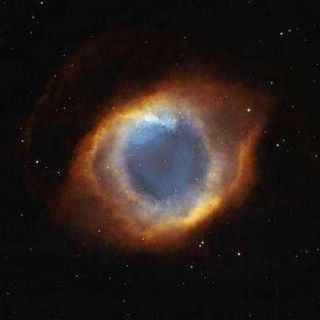A Piece Well Worth Reading
Go here to the Weekly Standard to read the parallels between Great Britain as the world's only super power in the pre and post WWI days and the United States the world's current and only super power.WHAT DOES MODERN HISTORY have to teach us about the age of American empire? The final chapters of the British Empire offer lessons and parallels aplenty. Empires don't last forever, and the combination of martial victory, popular ennui, and liberal anti-patriotism is a dangerous mix for a superpower.
At the beginning of the 20th century, the British Empire was an unopposed hyperpower (much as the United States has been since 1989). As historian Colin Cross observes: "In terms of influence it was the only world power." The British people and their leaders accepted this fact. In the early 1930s, Prime Minister Stanley Baldwin pronounced that "the British Empire stands firm, as a great force for good." Historian William Manchester argues that "most of the crown's subjects, abroad as well as at home, felt comfortable with imperialism."
But after the conclusion of the first World War, Britain's imperial psyche began to fracture. "After the survivors of the Western front came home," Manchester writes, "Britons wanted nothing more to do with war; most of them hoped never again to lay their eyes on an Englishman in uniform, and they were losing their taste for Empire." Winston Churchill despaired of this change. "The shadow of victory is disillusion," he noted. "The reaction from extreme effort is prostration. The aftermath even of successful war is long and bitter."
I found the link at Little Green Footballs.
Labels: Great Britain, United States, Weekly Standard, World War I

 CHALLAH AKBAR
CHALLAH AKBAR











0 Comments:
Post a Comment
<< Home